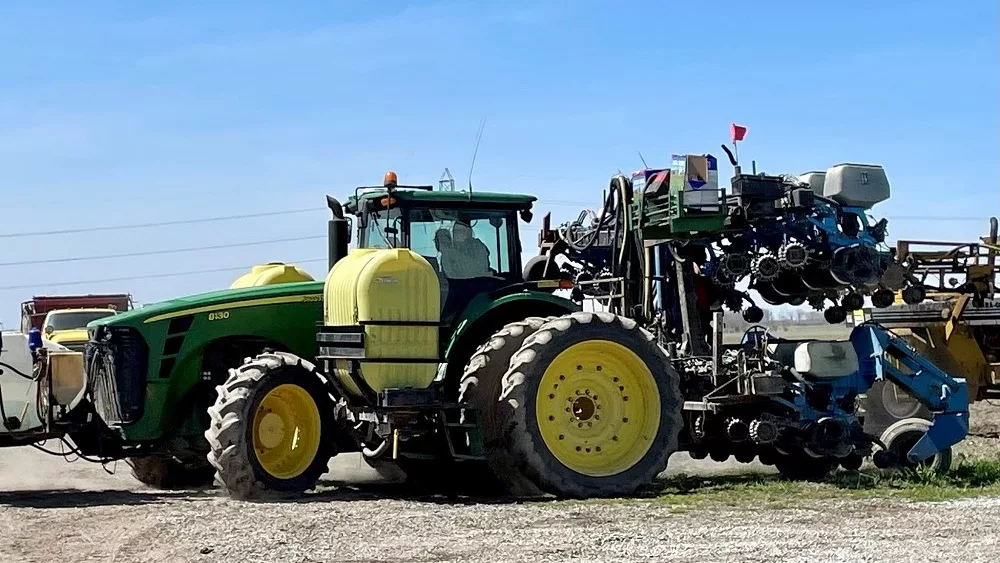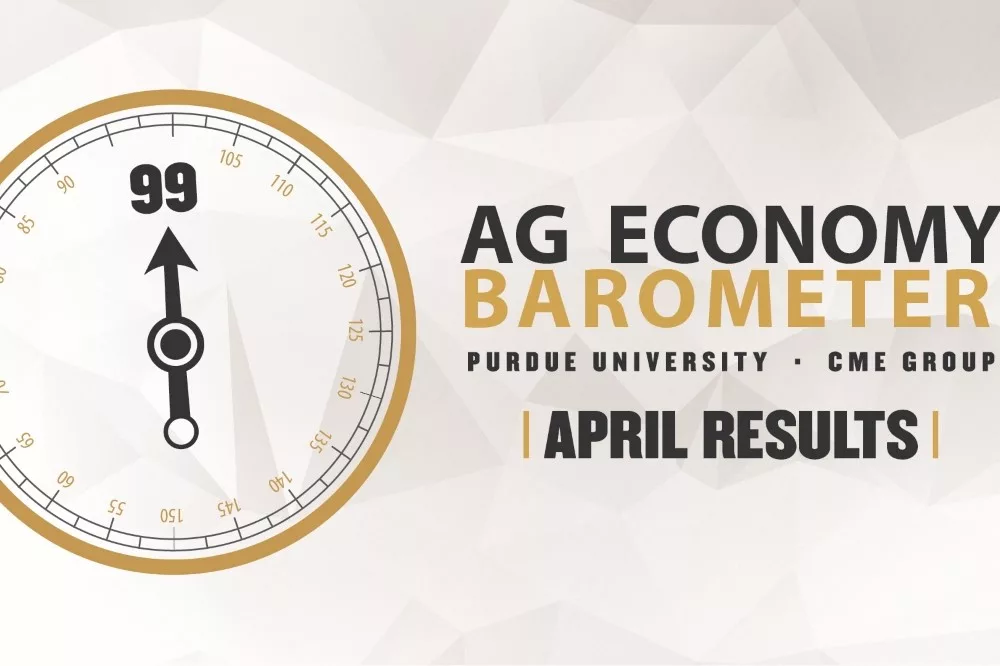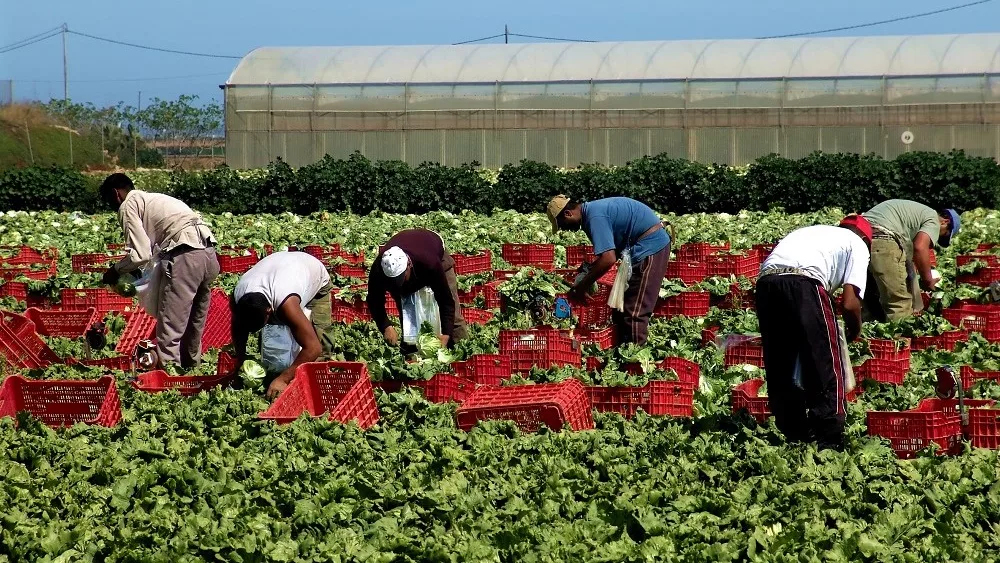At the Saginaw Valley Research Inflation Reduction Press Conference in August, the Department of Agriculture Secretary Tom Vilsack, joined Michigan Senator Debbie Stabenow and Congressman Dan Kildee at the Saginaw Valley Research and Extension Center. Senator Stabenow remarked on the Inflation Reduction Act investment, and other state and federal programs aimed at helping farmers deal with the climate crisis.
“We are going to do a number of things including funds for regional conservation partnership program. We know that farmers and ranchers, enforcers want to do more and now they’re going to have the resources to do it. So, this is a very big deal for us. There are provisions that focuses close to $40 billion into rural communities supporting our farmers and our foresters to tackle the climate crisis, and to also bring down the cost of energy and create jobs, all at the same time. This is the largest investment in climate smart agriculture since the dust bowl.”
The senator also discussed research at the Nature Conservancy, and the investments being made to help farmers and consumers.
“Right now, we are focused on this research and our efforts, the USDA, on how we can support farmers and foresters to be more resilient; to really lead in the climate crisis. Nobody is affected or feels it more than farmers, who are intensely affected by the extreme weather, trying to manage with the intensity that has now happened right now in our country. And I am very, very glad that the research being done here and the important work in Michigan, that’s helping our farmers stay competitive and produce sustainable crops and particularly in the Saginaw Bay Watershed. This is really important for our farmers to lead.”
Stabenow said Michigan’s agricultural sustainability is important not only for the state but for the world.
“Cutting edge research on dry beans, Michigan is number one producer in the U. S. for black beans, number two for all dried beans. And we are seeing more and more importance of this in terms of protein, and providing opportunities for children in school, as well as for people around Michigan and around the world. We’re also during credible research on sugar beets; how to produce more with the less and stay competitive. We’re number four in sugar beets in the country, and I’m very proud of all the work that we do. And as well as other important row crops like corn and wheat and soybeans. And again, the research being done here is critical in every area of Michigan agriculture.”
Congressman Kildee discussed the importance of Michigan’s natural resources as well as the support for agricultural sustainability.
“It’s interesting when we see legislation like this come together, having broad support from people in agriculture, from people in the environmental community, from even labor organizations. It’s not often that we’re able to get that kind of alignment, but it speaks I think, to the importance of these policies that we’ve been able to do that. I’m also really happy to see the resources that will support the conservation work, particularly the work here that we’re doing with the Nature Conservancy. You know, folks in agriculture understand the need to manage and maintain and protect our land resources. You know though, we’re really just about trying to roll up our sleeves and get about the business of solving these problems, to make sure we embrace the incredible economic benefit of a diverse agricultural sector; and to make sure that the folks working in that space have the tools they need in order to make the investments that are good for the planet, good for the economy, good for people. Nobody understands that better than people in agriculture, and particularly in rural America. Nobody pays more attention to the weather than our growers. I mean, they literally live and die based on weather patterns. And what we’re seeing of course, with climate change, that it’s impacting our economy, it’s in impacting our way of life. Our most precious natural resource the Great Lakes are being impacted certainly by climate change. We’ve seen record lake levels, variations in lake levels impact us climate change is certainly driving that; algal blooms, another impact that obviously is having an effect, along with the impact of invasive species like Asian carp. So, we’ve got a lot of work to do to preserve what is really our, not only an amazing resource, the beauty of our land and water here, but an incredible economic driver for our region. We have an incredibly diverse agriculture here in this state, and it’s a really significant part of our economic history, our present. It’s an incredible platform for the future of our economy here.”
Speaking of the future, Kildee talked about Michigan soybean farmers and the future of biofuels “The Inflation Reduction Act includes the extension of the biodiesel tax credit to support our soybean farmers right here in Michigan. Biofuels is important part of our energy mix, and it’s an important part of our economy here. It’s good for our farmers, it’s good for our environment.”
The Nature Conservancy, Michigan






